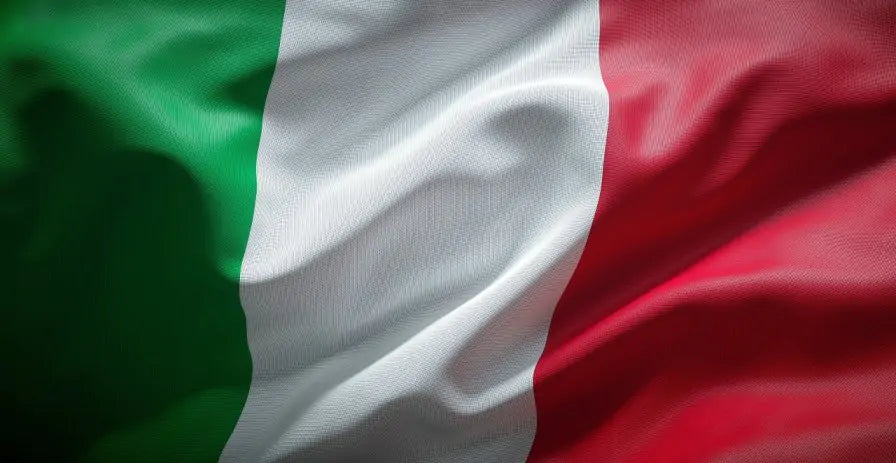Your basket is currently empty.
Shop NowRecycling Around the World - Italy

Recycling Around the World: Italy
Italy doesn’t have the greatest reputation when it comes to dealing with waste. A lot of waste management and disposal is controlled by the Mafia, and there’s an area around Naples where approximately 10 million tons of toxic waste and other waste has been dumped illegally over the last 20 years.
That is the tip of the iceberg. It is estimated that waste is disposed of illegally in 100 of the country’s 250 waste disposal sites.
Last year the European Commission said it was seeking to act against the Italian government for 28 breaches of EU laws relating to damage to the environment. The commission stated that Italy was ‘denying its citizens the same quality of life enjoyed by people in other EU countries.’
Add to this the fact that recycling and waste disposal regulations vary widely depending on which district you live in and you can see why the issue of waste disposal in Italy has become a pressing issue.
Tougher rules in Rome
The government has tried to tighten up regulations. Earlier this month, residents in Rome were informed that if they failed to sort their recycling from their regular waste and there’s a recycling bin within 500 metres of their property, they could be fined up to 619 Euros.
People in Rome often complain about the lack of rubbish bins and bins not being emptied, and so the council has ordered 2,500 new bins. Each bin will be colour coded as green for household waste, white for paper and blue for plastic. The streets of Rome have almost no recycling bins, but they are kept meticulously clean by street cleaning vehicles.

Waste management problems and solutions
Italy only manages to manage and dispose of about 30% of all the waste generated. Landfills are still the main method of waste disposal. The government have introduced a tax on landfills which is reducing the amount of waste dumped on these sites. The tax is also encouraging companies to look at cheaper options for disposing of waste.
Many landfills are operating at full capacity and can’t process and dispose of waste safely and adequately, so it is often down to manufacturers to reduce waste in their production processes. Most manufacturing companies in Italy treat and recycle their own waste.
Good practice
It’s not all doom and gloom for the Italians though, as they are leading the way in food waste recycling and moving towards the use of biodegradable plastic bags in supermarkets.
A food waste collection system was launched in 2012. Food waste is collected separately from other waste and is sent to a facility where it can be converted into energy and compost.
The system has been so successful that other major cities around the world are considering adopted a similar scheme.
To reduce the contamination of waste by plastic bags, supermarkets now only use mostly biodegradable bags, which are sold to customers for 10 cents each.
Both initiatives have encouraged people to start recycling more in general. A survey found that 60% of those who have actively taken part in the food waste collection scheme now tend to recycle other items.






